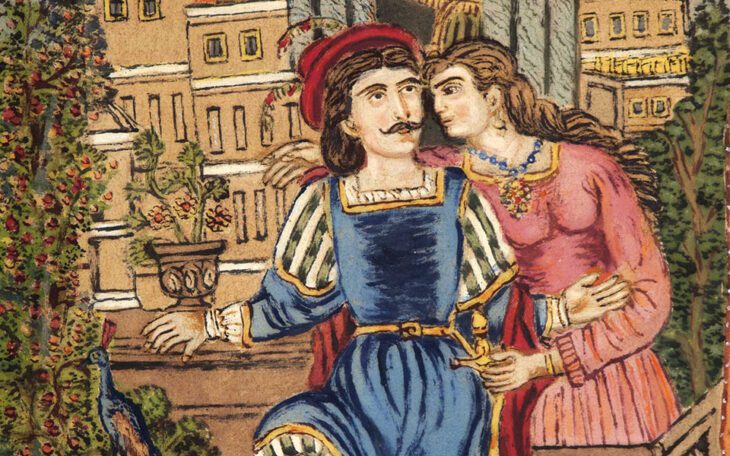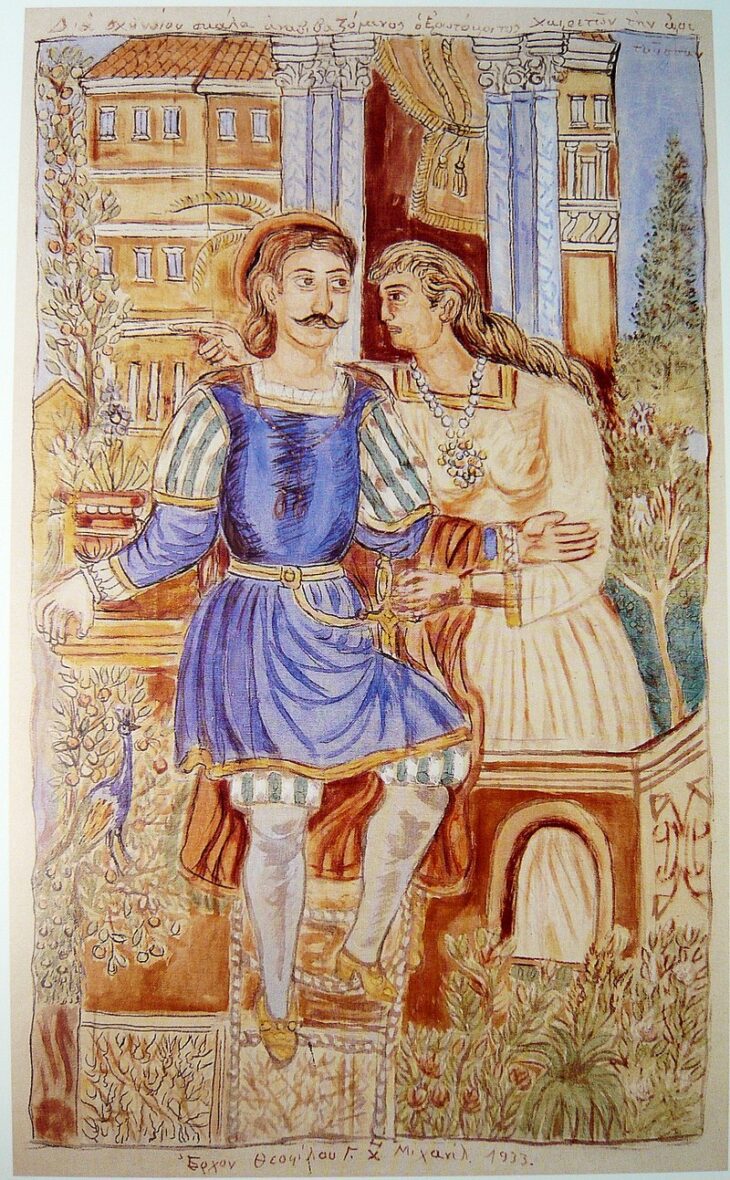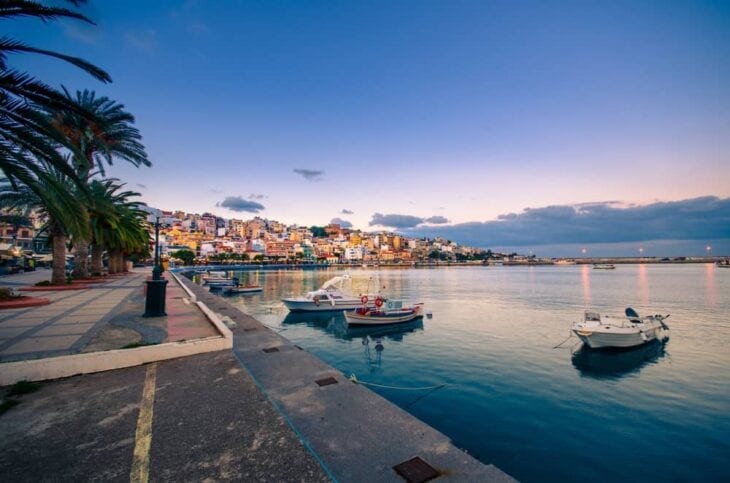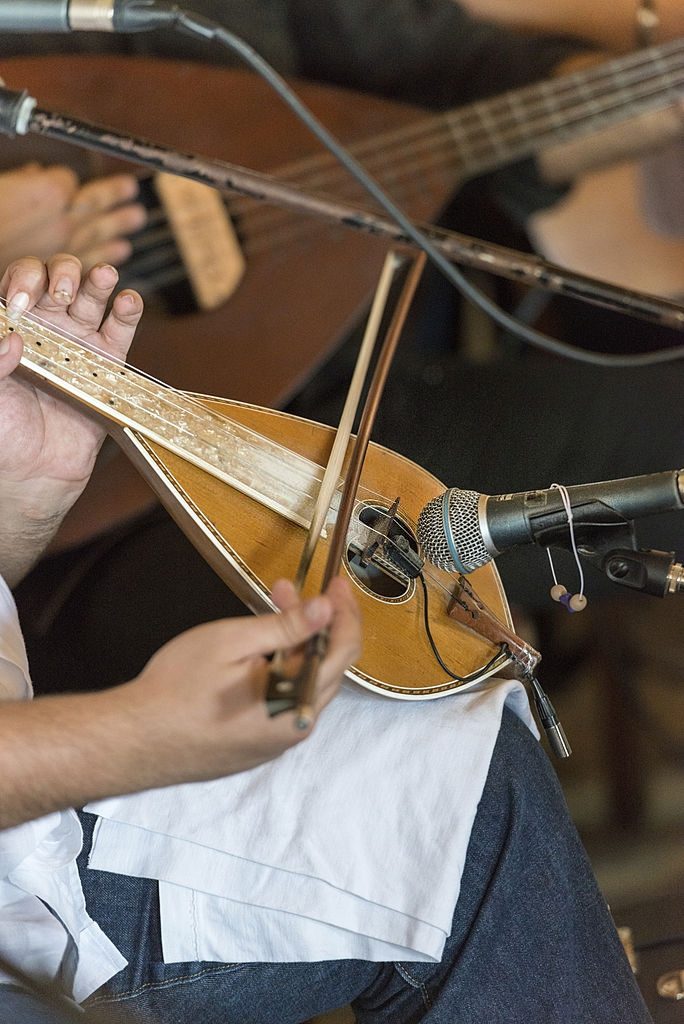The story of Erotokritos

Of the famous stories of Greece, the epic poems rank very high. Of course, one first thinks of Homer’s Iliad and the Odyssey. But there are also works closer to contemporary life, with timeless themes like love at their heart. And of these, the story of Erotokritos is likely the best known of all.
The Story of Erotokritos – What Does the Name Mean?
Any fans of Etymology and the Greek language will be quick to spot the root of the first art – Eros – which we see, for example, in the word ‘erotic’. Eros is the word used to speak of romantic love. And ‘kritos’ derives from the word that means to pick out or to choose, or kritis – to judge. The Erotokritos refers to one who is chosen by love. A promising start for a promising love story.
A Brief History of the Erotokritos
The Plot of the Erotokritos
A love story with a happy ending is but one of the secrets to the lasting popularity of the Erotokritos. It also displays redeeming and inspiring values that a true hero and heroine should aspire to.
The Setting
Although set in a fictional version of ancient Athens, the Erotokritos also has elements of Europe and of the Middle Ages, giving it a dream-like timelessness.
The Story of Erotokritos Begins
Like many good love stories, the Erotokritos begins as a tale of unrequited love, or, at least, anonymous love. The King of Athens and his wife welcome into the world a baby girl – Aretousa. It’s a perfect name for our heroine, as ‘Areti’ means virtue.
As she grows up, Erotokritos, the son of the king’s advisor, sees her and is smitten. Of course, she is out of his league, as she is a princess. So he expresses his love secretly, staying out of sight and serenading her under her window by moonlight.

The king takes action, but Erotokritos and his friend evade them. Erotokritos leaves, as he feels there is no hope. But in his absence, Aretousa visits her father and sees the lyrics of the song he sang for her, and a picture of her, and his identity is a secret no more. On his return, she sends word to him that his feelings are returned.
Erotokritos and Aretousa
The King arranges a jousting match (one of those elements of Europe of the Middle Ages), and of course our hero wins. Our hero and heroine begin to meet in secret and their love deepens.

The Setback
All good love stories must have complications and setbacks. Those of the Erotokritos are dramatic and gripping. Erotokritos asks the king for the hand of Aretousa, but the king is incensed at the impertinence. He has Erotokritos banished from Athens. But not before he and his beloved Aretousa become secretly engaged, even though, meanwhile, she has a proposal from the King of Byzantium.
After banishing Erotokritos, his daughter’s secret fiancé, he sets before her other eligible suitors. She refuses them all. The king, enraged, has Aretousa imprisoned.
The Triumphant Return
The Vlachs attack Athens. Our banished hero Erotokritos, magically disguised, returns to defend his city, and he ends up saving the life of the king. He is wounded in the process.
In his gratitude, the king offers Aretousa as a bride to this brave stranger. But Aretousa will not have him; she has promised herself to Erotokritos. She continually rejects the proposals of the stranger, confirming to Erotokritos that she is true to him, and to him alone.
A Happy Ending
Erotokritos at last, happily reassured of Aretousa’s love for him, reveals his true identity. Aretousa is thrilled, the king is forgiving, and our hero ascends to the throne.
It’s not difficult to understand the Erotokritos’ lasting appeal; in the Erotokritos, love and valour do indeed conquer all.
The History of the Erotokritos

The Erotokritos was written in Crete in the early 17th century by Vitsentzos Kornaros (actually, the Sitia Airport is named after Vitsentzos Kornaros). Crete at the time was under Venetian rule, and was enjoying a period of cultural flourishing – the Cretan Renaissance. European works and ideas circulated in Crete, and among them would have been the very popular love story “Paris et Vienne”. Although originally in French, it was translated into many languages, and Kornaros would most likely have read it in Italian. His version is thought to be an improvement, with a clearer plot line and more psychological depth and development.
Popular Greek works also influenced the Erotokritos, and even ancient works; elements of other tales can be seen in the Erotokritos, such as the hero’s secret return, which reminds us of the return of Odysseas in disguise at the conclusion of the Odyssey.
The Lyric Style of the Erotokritos
The Erotokritos is composed of over 10,000 rhyming couplets called Mantinades. These iambic couplets of 15 syllables per line (“dekapentasyllabic” verses) have a musical cadence, with the Iambic structure of a short and light syllable followed by a longer stressed syllable.

Mantinades are, in themselves, a form of popular artistic expression in Crete even today – skillful practitioners can compose them with spontaneity and wit to suit any occasion.
Mantinades in general take very naturally to music, the Cretan Lyra (played with a bow) and the Laouto (a stringed instrument similar to a lute) in particular. The Erotokritos is always set to music. As the best known example of the use of the mantinada, it has become a definitive part of the Cretan soul. It is popular with Cretan musicians.
The great Nikos Xylouris – “Psaronikos” – often referred to as “the voice of Crete” – has a memorable version, and many other Cretan musicians use the poem in their music.
The Deep and Lasting Inspiration of the Erotokritos
The Erotokritos is much more than a love story with a happy ending. The theme of true friendship is also important in the Erotokritos: his friend fought the king’s soldiers by his side when they found out about his love for Aretousa. In returning to fight for Athens, even though he had been banished, Erotokritos showed patriotism. In saving the life of the king, he showed valour. Aretousa is also a true heroine, not just the love interest of Erotokritos. She showed an uncompromising virtue and pride in preferring imprisonment to a forced marriage. She was true to her great love for Erotokritos, but moreover, importantly, she was also true to herself.
The Erotokritos with its values so important to Greeks – bravery, friendship, patriotism – has therefore been a source of inspiration to the poets who have shaped the culture of Greece: Dionysios Solomos (writer of the Hymn to Liberty, which supplies the lyrics to the National Anthem), Kostis Palamas (who wrote the words to the Olympic Hymn), and Giorgos Seferis (a key figure of the cultural scene of 20th century Greece and a Nobel laureate poet).
The Erotokritos Today
This great lyric poem is deeply embedded in the culture and psyche of Crete. It is entirely possible on a visit to Crete that one may see part of it performed, as it is a lasting source of inspiration for Cretan musicians and performers.
Last updated on October 19th, 2022












